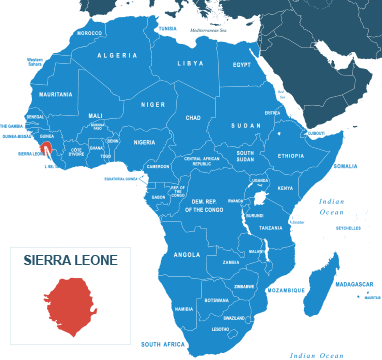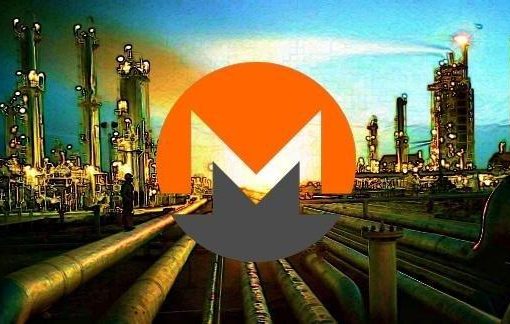Blockchain tech recently recorded another milestone – it’s now expanding its range in the political sphere.
Sierra Leone has now become the first country to conduct blockchain-verified voting for its presidential election. However, the technology was not used all over the country. Rather, it was confined to the country’s most populous region. Agora, a Swiss-based blockchain startup, has overseen the voting process. Agora is already in talks with other African and European nations to use the blockchain technology in elections.
Agora CEO Leonardo Gammar said, “I strongly believe that this election is the beginning of a much larger blockchain voting movement.”
Moscow is also using blockchain technology in its Active Citizen voting system where citizens can now vote on city issues. Brazil accepted this technology for better and faster signing and verifying popular petitions for the citizens.
Blockchain technology will be used by election observer organization National Public Monitoring (NOM) to store election data on 100,000 different observers in a single server for the Russian presidential elections. Observers can by any citizen of the country. Using the app, citizens can take pictures or videos of any suspicious activities in and around the polling place and upload it to Verifier.
The process will be rather safe and simple. Observers will just have to use their cell phones and use the Verifier app to record any evidence of violations occurring in the polling space. All the data will be stored and backed in the system. This data, stored on the Verifier network, can later be used for confirmation, in case of any violations.
“No election has ever been held without doubts being raised about its transparency,” notes Verifier founder Dmitry Nazarov. “Blockchain gives us the chance to solve this problem once and for all.”






Things to know about Italian Municipal ICO